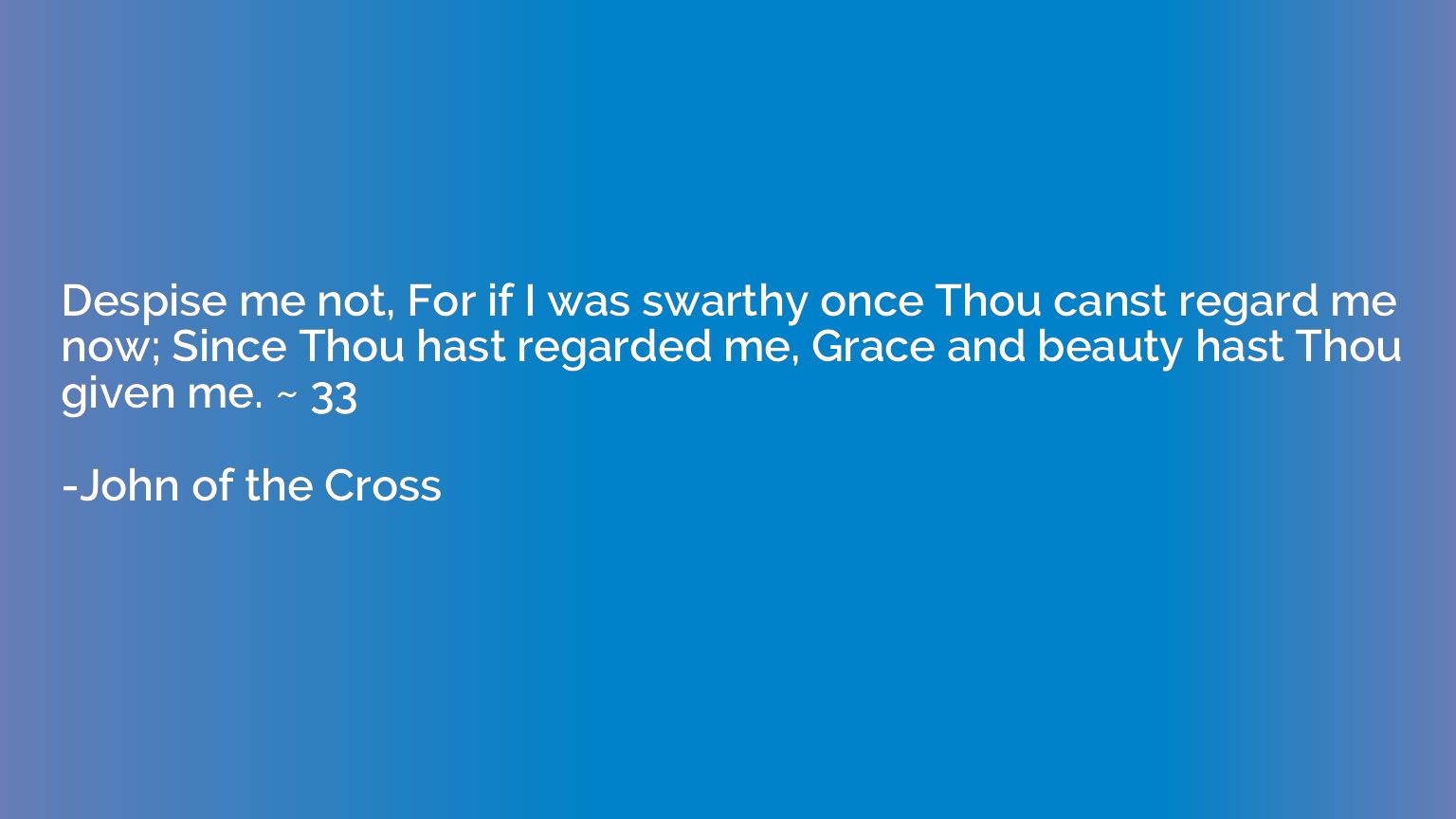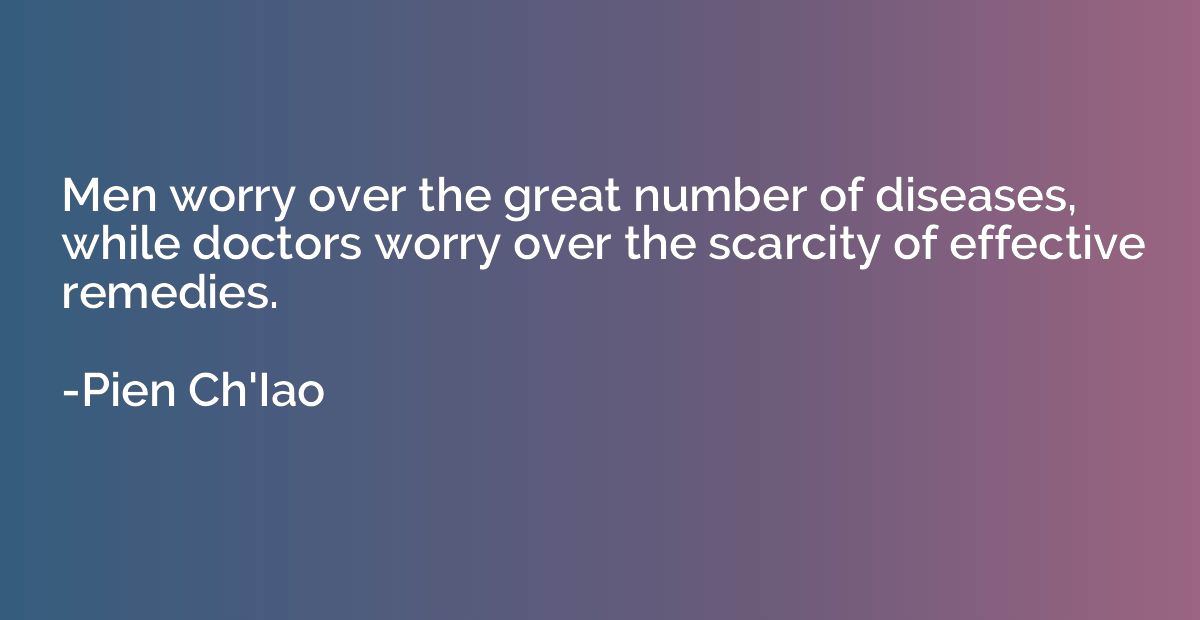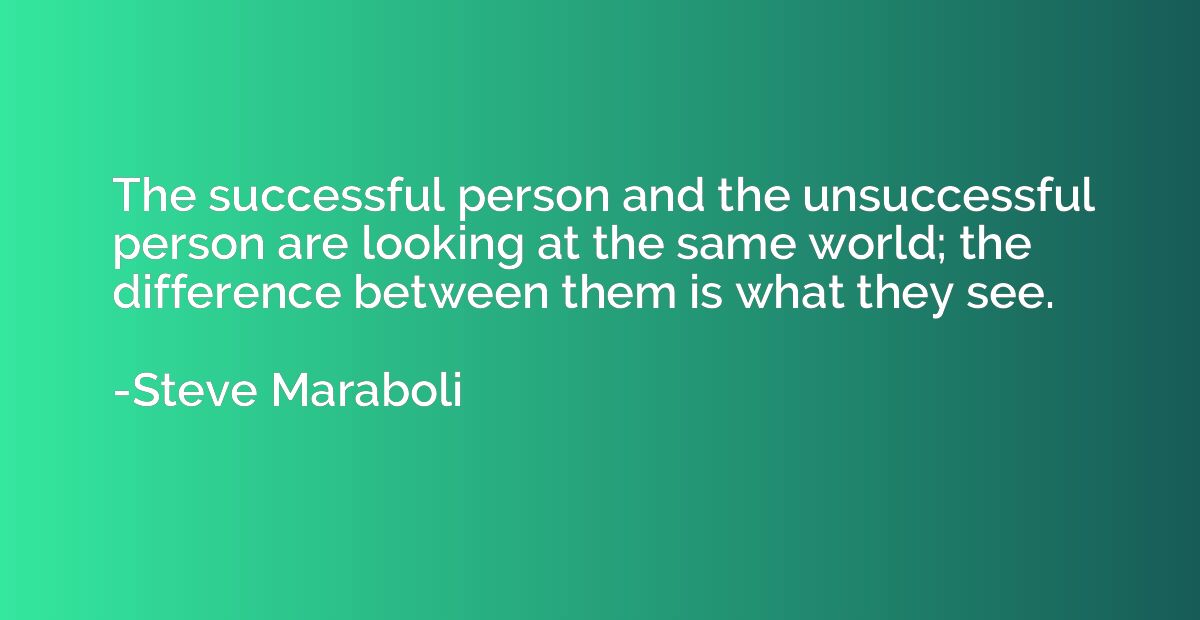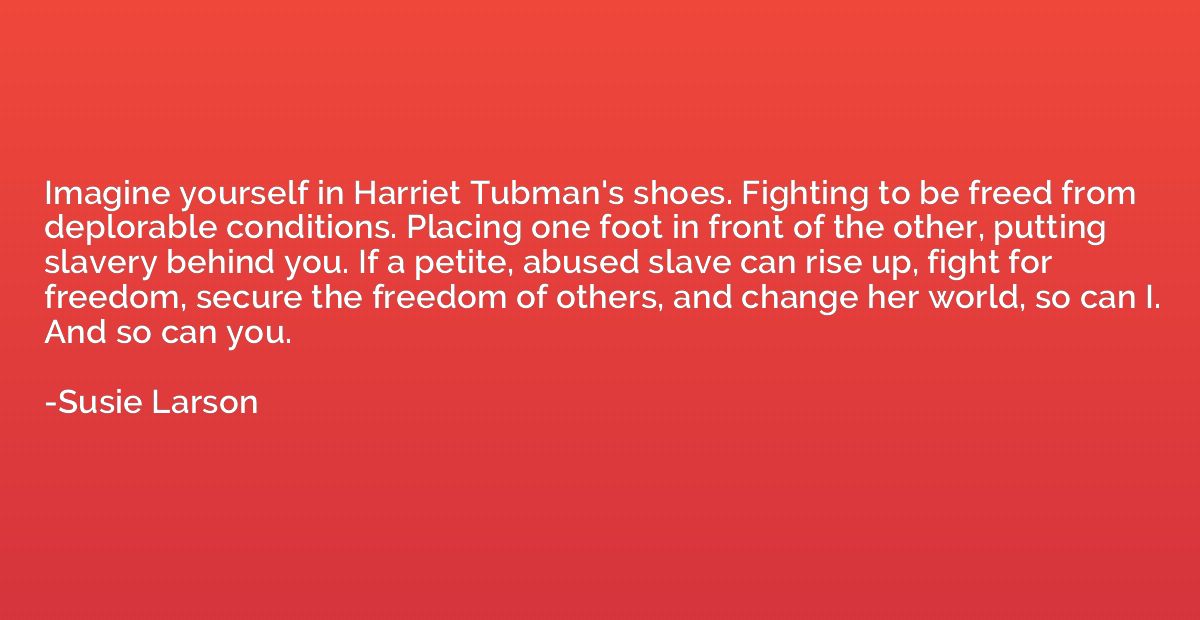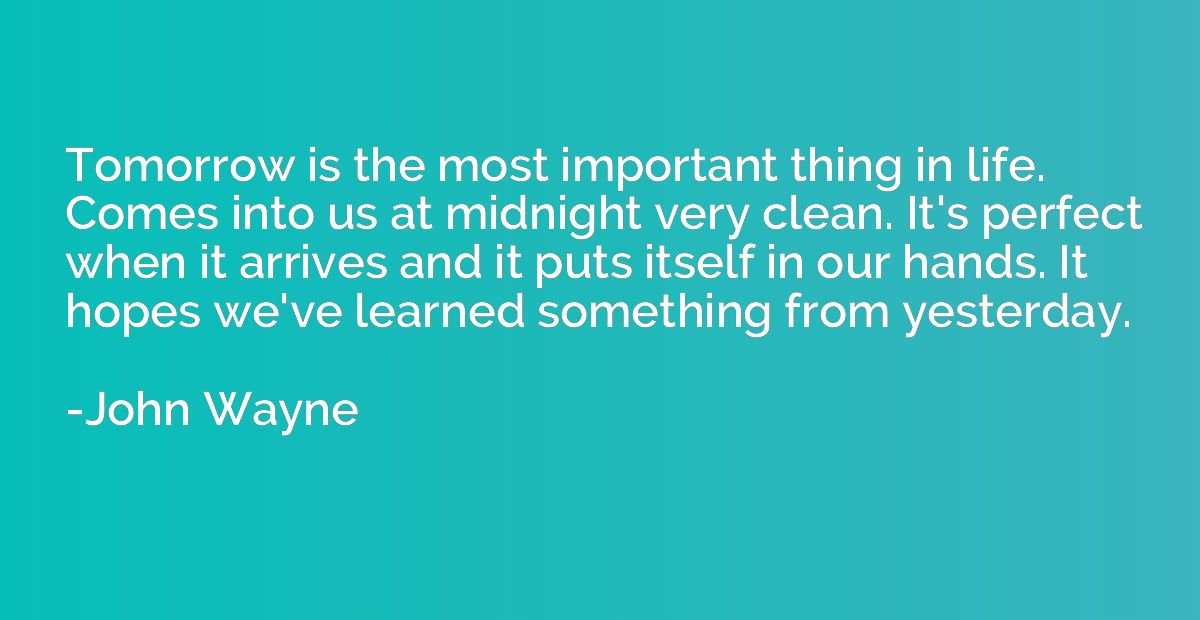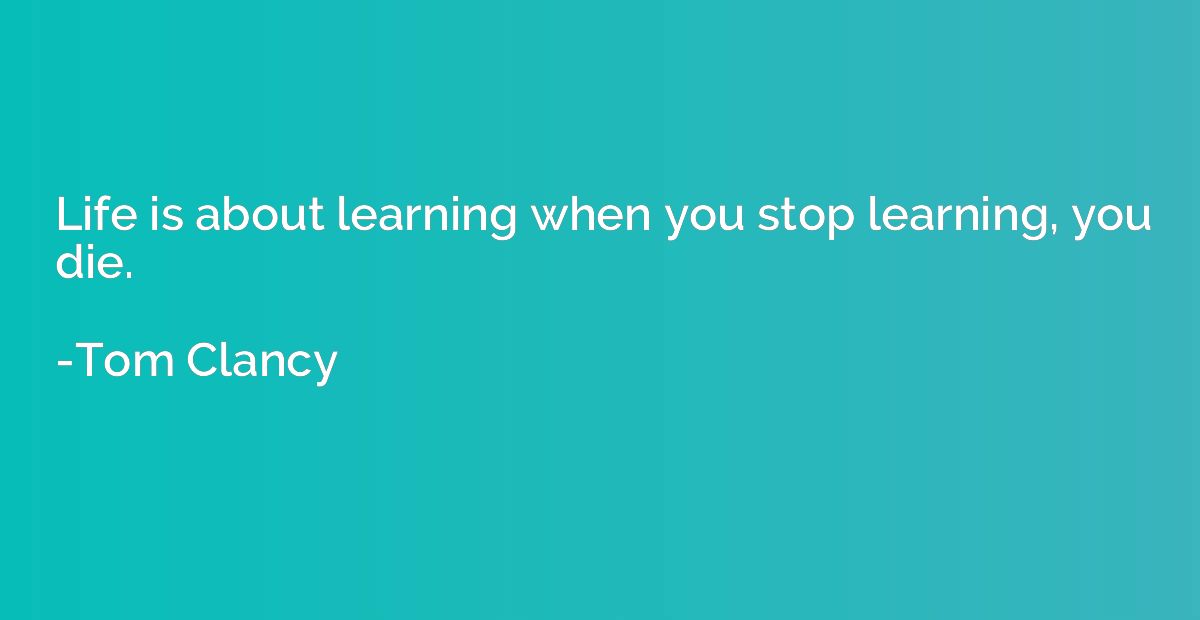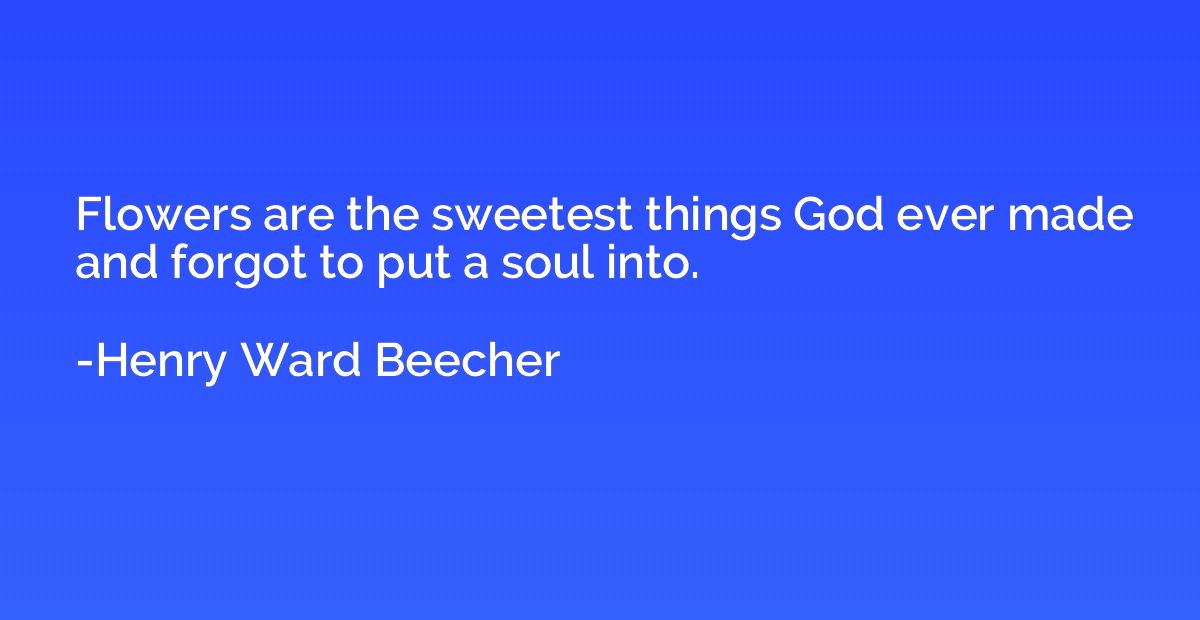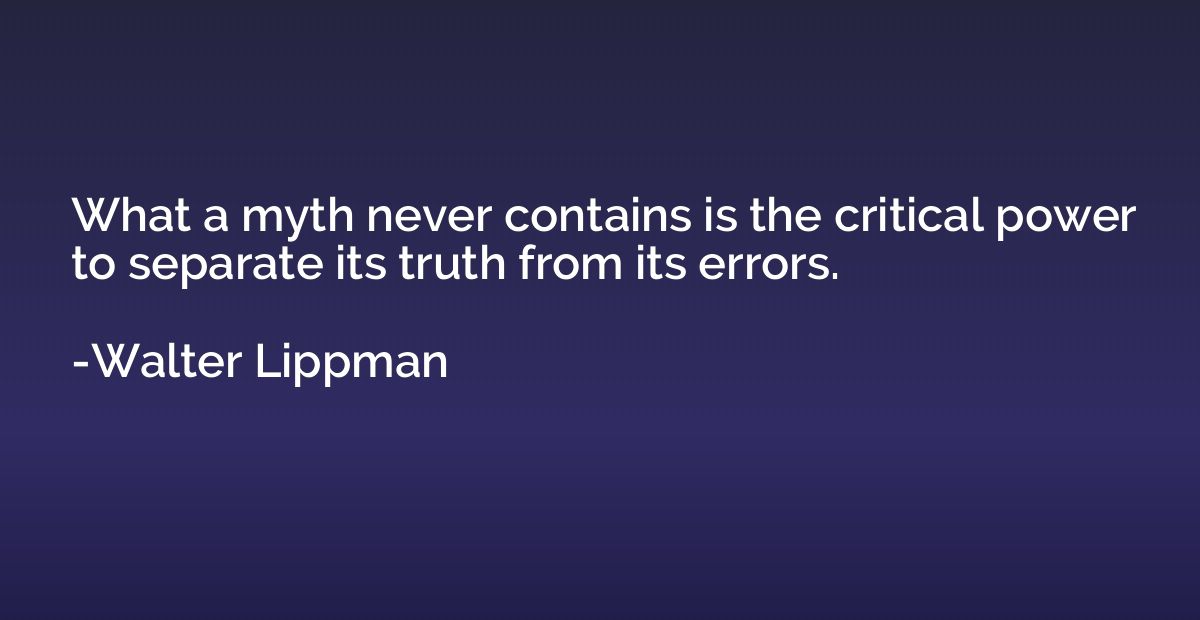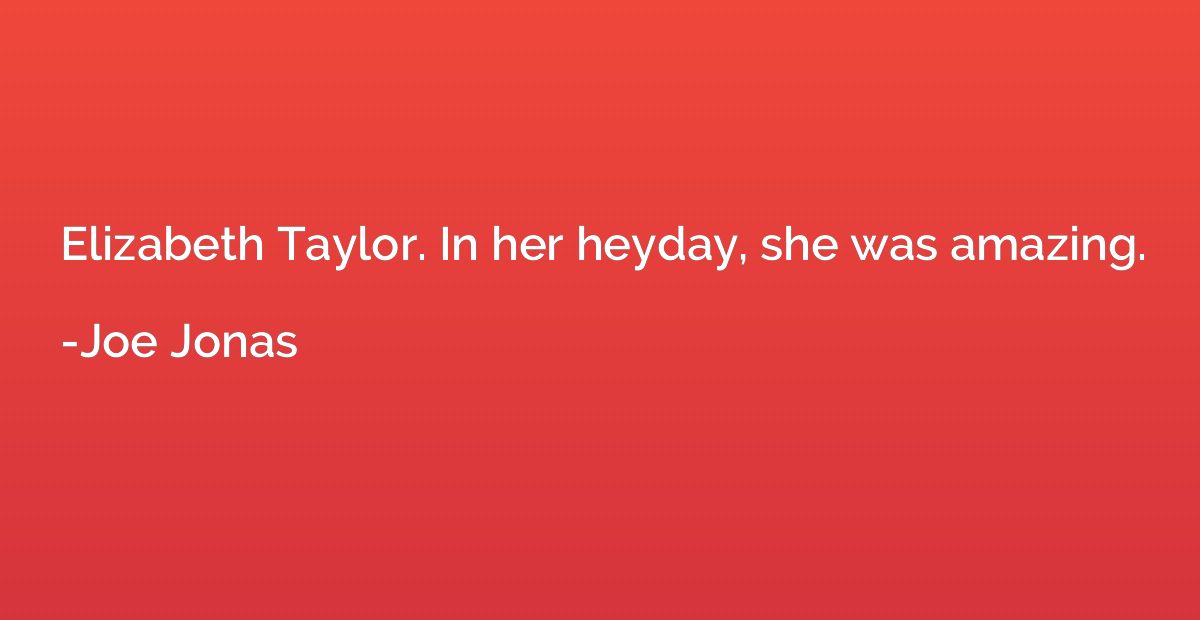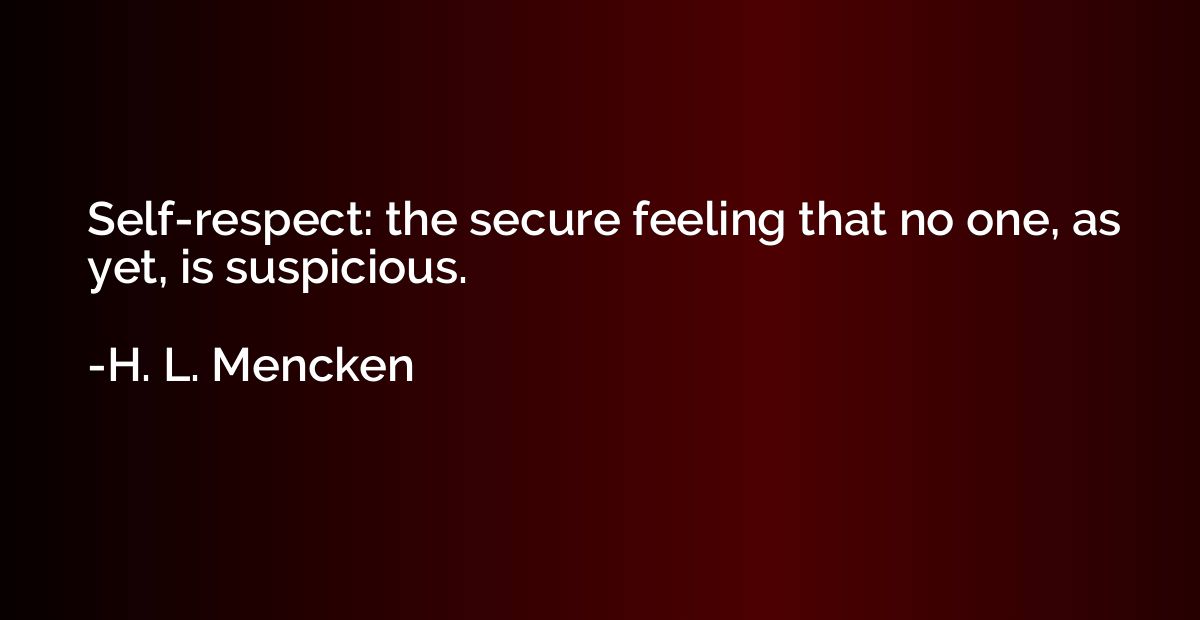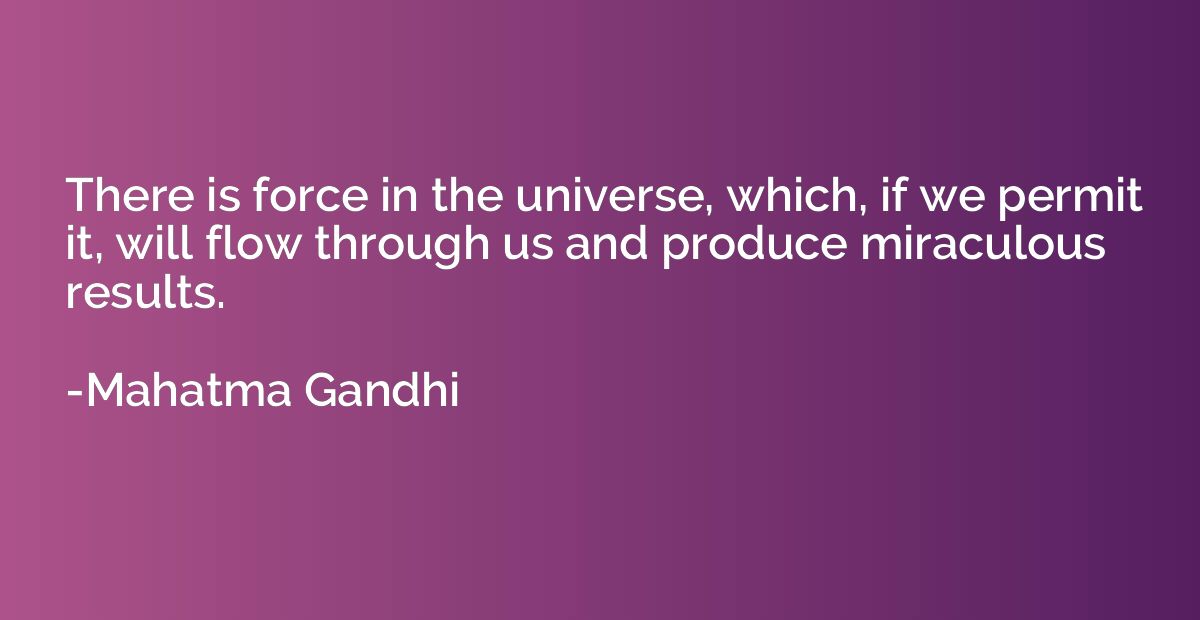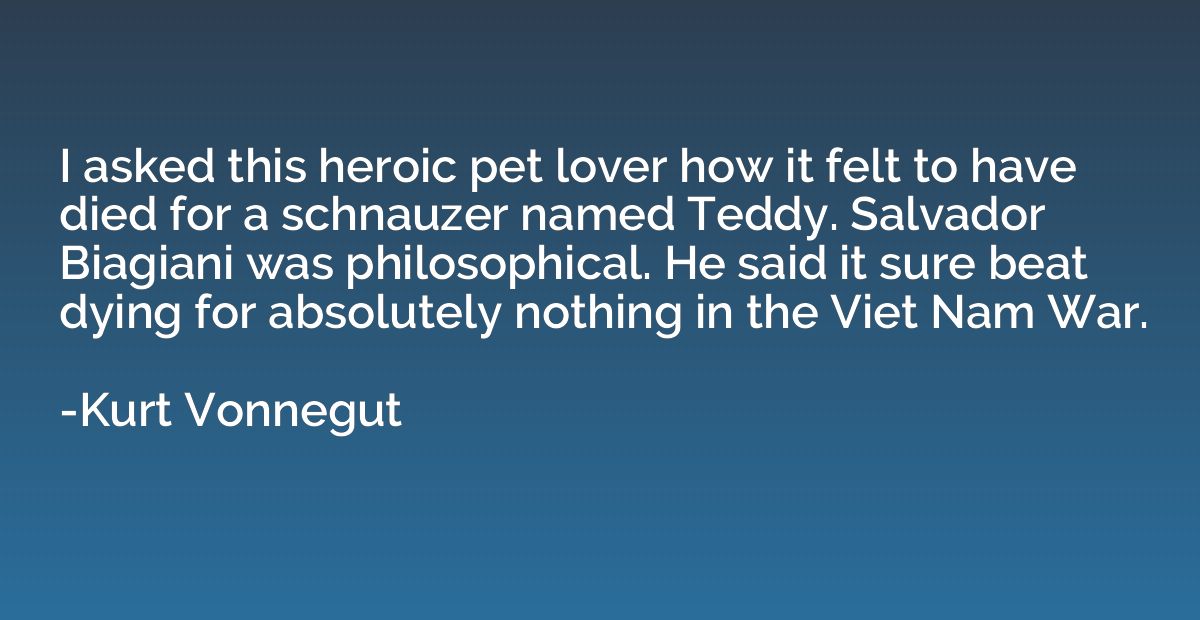Quote by Simone Weil
To us, men of the West, a very strange thing happened at the turn of the century; without noticing it, we lost science, or at least the thing that had been called by that name for the last four centuries. What we now have in place of it is something different, radically different, and we don't know what it is. Nobody knows what it is.
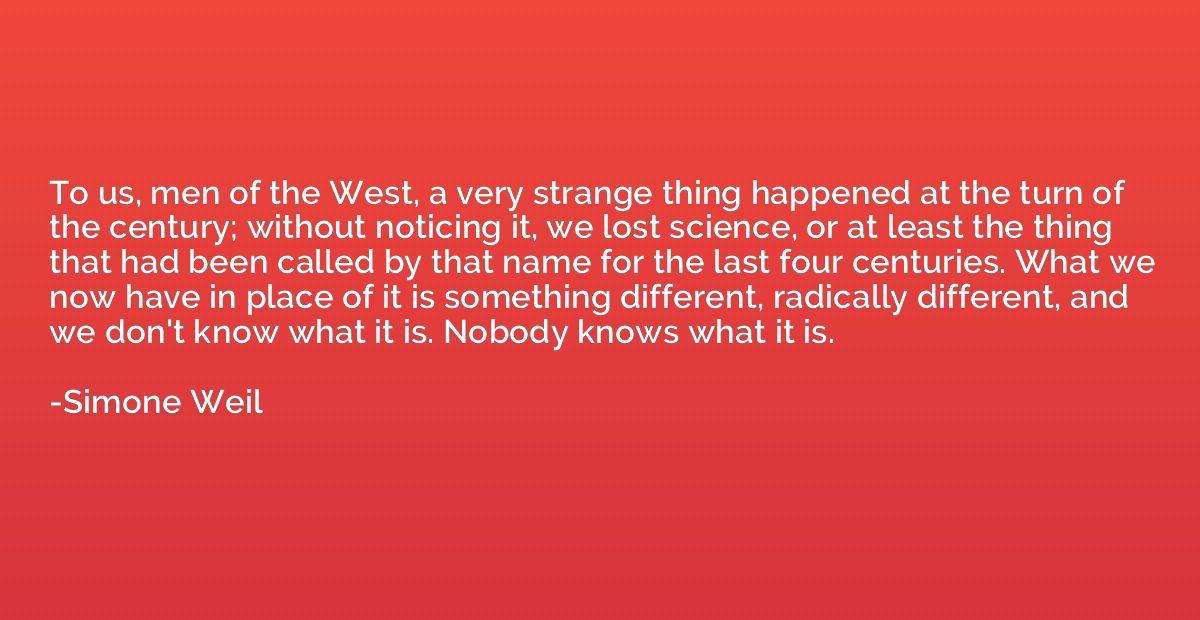
Summary
This quote suggests that there has been a significant shift in the understanding and definition of science during the turn of the century. The speaker asserts that the concept of science that had prevailed for four centuries in the Western world has been lost and replaced with something entirely unfamiliar. This change is seen as radical and unknown, leaving people uncertain about what this new conception of science truly is. It highlights the speaker's observation that there has been a fundamental shift in the nature of scientific knowledge, leaving the Western society perplexed about the nature of this transformation.
Topics
Science
By Simone Weil



